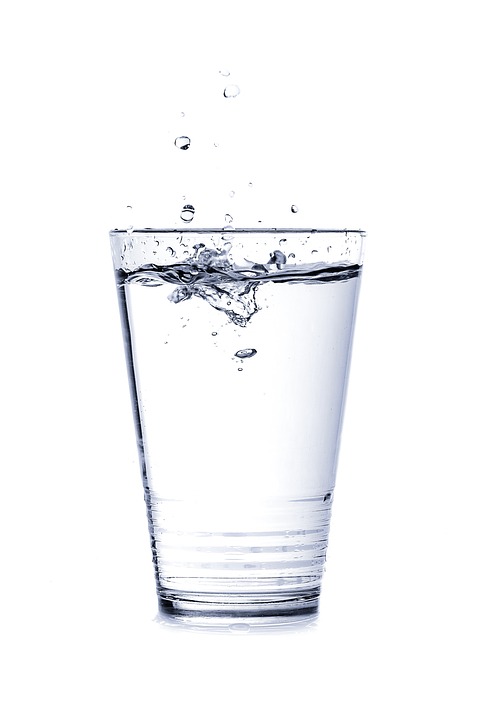
Have you been experiencing dry mouth lately? Although it may seem as if it’s just another case of dehydration, dentists think otherwise. Drinking more water may help, but having dry mouth should be a cause for concern. Though it is not as severe as that of halitosis or any other periodontal disease, that parched feeling could lead to serious dental health risks like gum trouble or worse — tooth decay. The discomfort in eating and speaking is one of the clear indications that your case of dry mouth should lead you to your dentist clinic.
Dry mouth occurs when the glands that produce the saliva are not working as they should. There are several medications for high blood pressure, some anti-depressants and even treatment for pain can cause drying of the mouth. Treatment for an autoimmune disorder, cancer treatment as well as chemotherapy can also cause dry mouth. However, if you are not under any of these treatments or taking any medication but still you’re suffering from dry mouth, it is best to see your dentist immediately.
The Role Of The Saliva
The saliva plays a considerable role in the digestion of the food that we eat. In the process, it also helps define the mouth from periodontal diseases and even tooth decay. The saliva keeps the bacteria off the teeth and gums. Did you know that the saliva produced by the mouth also contains minerals that help renew the tooth’s natural protection? Saliva contains enzymes that help keep the teeth healthy. Overall, the saliva ensures that the environment inside the mouth is always at its best of health.
Without the saliva, the mouth would be filled with bacteria that causes damages to the teeth and gums. The natural flow of the saliva prevents tooth decay and the development of gum diseases.
How Do You Deal With Dry Mouth?
People suffering from the dry mouth condition have a dry feeling in the throat, bad breath and even mouth sores. To ease the problem, dentists recommend:
· Tell your dentist the medications you have been taking. They can provide you with options on how to prevent dry mouth. There’s the option of using fluoride-rich toothpaste for brushing to keep the teeth and gums protected. They can also recommend medication to help the body produce more saliva.
· Sip water more often or perhaps munch on ice chips. Then there’s chewing of sugarless gum or perhaps over-the-counter saliva products to keep the mouth moisturized.
· Keep those caffeine-rich drinks from your diet. They encourage drying of the mouth.
Episodes of having dry mouth may not seem like something you should worry about, but if it happens more often, then it is best to see dentist’s help. They know exactly how to help you deal with it.






